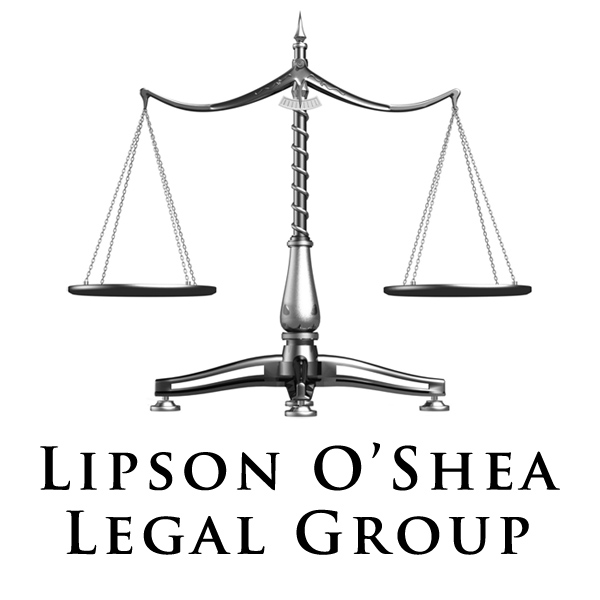There has been a small emerging series of articles written in legal journals about a trend by many lawyers, especially smaller boutique specialized law firms, to seek a billing arrangement where the lawyer bills for the "value" of the service rather than simply the "hours" put into the matter. In some scenarios, this type of billing practice works very well, and in some it does not.
For instance, for years we, like many lawyers, have done all of our criminal justice work on what is really a flat fee basis. This is because it is so much easier to estimate the time and complexity in a criminal matter than in other areas of the law.
However, in other areas where we practice, it is far more difficult to estimate how long something will take and how complicated it may become. In our family law area of practice, we have had many instances where what should be a simple end-of-marriage representation has turned into an essential black hole of time because one of the parties (or even one of the other lawyers) is extremely difficult to work with (we can tell you some pretty ugly stories).
Anyway, we have found in our small business litigation practice that we often convert our hourly billing practices into a value-based bill - because sometimes the time we put into the matter to get a great result ends up being small - and because sometimes the time we put into the matter without getting the result the client desired compelled us to drastically reduce the amount due under the hourly arrangement.
Suffice to say, we endure to have consistent and timely discussions with our clients in all litigation matters so that neither the client nor our small firm get to that awkward moment where the bill (and the complexity of the matter) has gotten out of control. Our policy in this area is to keep a constant line of communication going with the client and to keep the client constantly informed of the status, complexity and time consumption of their matter. We can't see doing it any other way.























